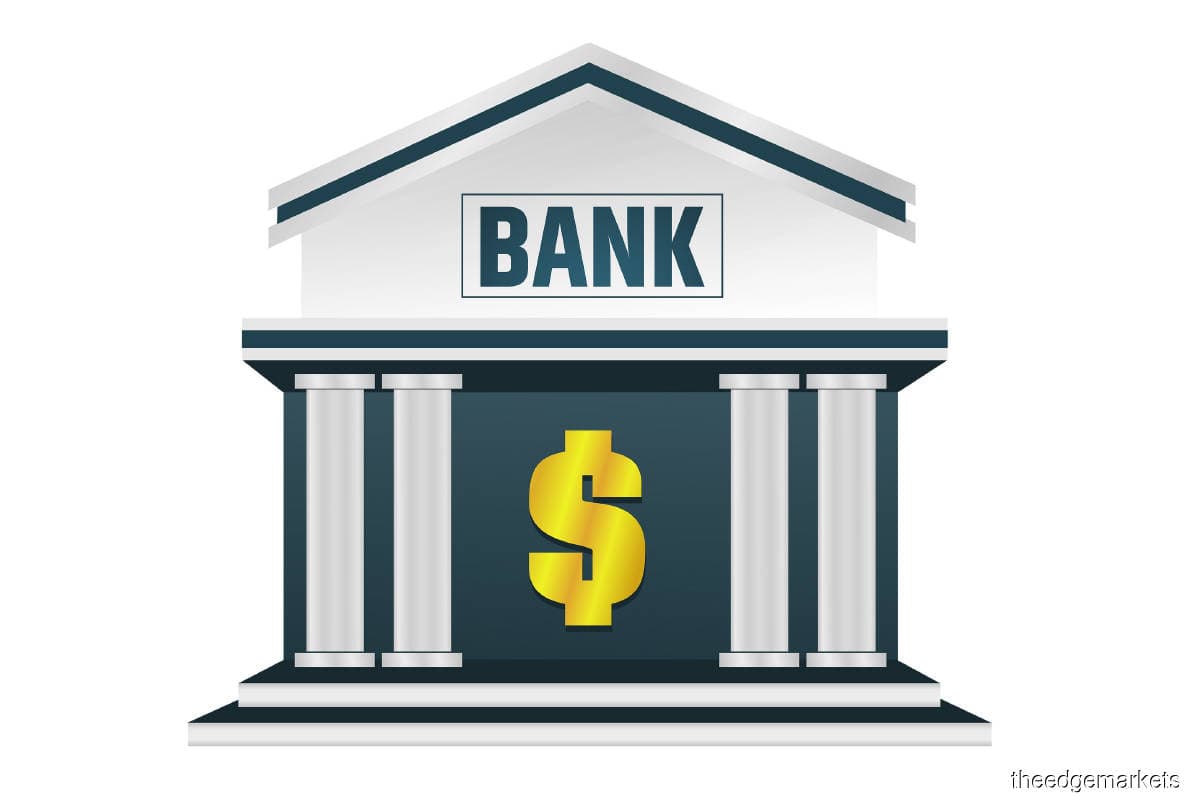
This article first appeared in The Edge Malaysia Weekly on March 14, 2022 - March 20, 2022
TIRED of the numerous questions asked and documentation that most financial institutions invariably required whenever he wanted to effect large fund transfers, fugitive financier Low Taek Jho (Jho Low) concluded that owning a bank could help ease the process.
Around early 2015, he purportedly went on the lookout to acquire “a small to medium-sized private bank” or to buy at least part of a bank to ease his business transactions and possibly avoid more scrutiny, former Goldman Sachs Group Inc banker Tim Leissner — the prosecution's star witness in the ongoing trial of former subordinate Roger Ng Chong Hwa, who is charged with fraud in the 1Malaysia Development Bhd (1MDB) scandal — revealed in a US court last week.
According to court documents obtained by The Edge, Leissner said during cross-examination that Jho Low had looked for banks to engage in general banking transactions and also to do business with, but because of increased scrutiny on 1MDB in the media, it was “easier” to acquire a bank or part of a bank.
“I had described it before. Jho was looking for banks that would accept him as a client, where he could do banking transactions, meaning deposit money as well as transact in funds, wiring them [and so on], so he was really primarily interested in doing banking business with a bank.
“However, he also at around this time felt that maybe given that he had been declined by many banks by now because of all the articles, that, in fact, it would be easier to actually own a bank or part of a bank to enhance his possibility of doing that kind of business.”
Goldman itself had previously rejected Jho Low as a private wealth client (See also: “Jho Low raised ‘host of red flags’ in Goldman’s compliance checks in 2010”). In earlier testimony, Leissner said that admitting Jho Low as a client in Goldman was an “exercise that was not going to succeed”.
However, this did not prevent the former chairman of Goldman Southeast Asia’s unit from reaching out to his broad network, and vouching for Jho Low. Leissner went to the extent of crafting an unauthorised letter using Goldman’s letterhead — the very letter that in the following year would lead him to be put on administrative leave and prompt his resignation from the US bank.
Leissner reached out to Luxembourg-based, private banking company Banque Havilland. In an April 2015 email introducing Jho Low to the bank’s bigwig Jonathan Rowland, Leissner said that Jho Low was “interested in acquiring a small to medium-sized private bank”.
Defence attorney Marc Agnifilo then detailed the unauthorised letter that Leissner had crafted and sent without Goldman’s knowledge to Banque Havilland.
In his letter, Leissner cited a previous engagement with the Low family over the US$2.2 billion acquisition of US-based Coastal Energy in 2014.
He maintained in the letter that having conducted due diligence, Goldman could confirm that the Low family wealth of about US$1.8 billion was “generated through legal means”. Leissner admitted to the court that this was a lie as a big part of the said wealth was derived from the misappropriation of 1MDB funds.
Goldman had discovered the letter through an email surveillance on a separate occasion and confronted Leissner about it. Around January 2016, he was put on leave, during which time he decided to resign before he could be fired.
However, Leissner’s efforts to acquire a banking institute continued even after the Goldman episode, albeit for his own investment. In late 2016, Leissner, together with Phengphian Laogumnerd, a Thai businessman friendly to Jho Low, failed in their bid to buy a controlling stake in Century Banking Corp (CBC) in Mauritius.
The bid was blocked by the Bank of Mauritius (BoM) following concerns over Leissner’s involvement in the 1MDB scandal and the US Federal Bureau of Investigation (FBI) was subsequently notified of the bid, according to a November 2017 Wall Street Journal report.
In addition to his bid to acquire a controlling stake, the report added that Leissner had applied to Mauritian authorities to become an executive and board member of CBC but his application was later rejected over “compliance concerns”.
Separately, CBC’s banking licence was revoked on Aug 24, 2020, by BoM following investigations that revealed that “significant illicit transfers” of funds linked to 1MDB had passed through the bank, but it had failed to take action despite repeated warnings.
According to Mauritian publication Le Defi, the Independent Commission Against Corruption (ICAC) and the FBI found that several million rupees believed to be from 1MDB had passed through CBC accounts belonging to an “ultimate beneficiary” who had taken refuge in Thailand.
Quoting a source, the report also cited the July 2020 conviction of former prime minister Datuk Seri Najib Razak on seven charges relating to the misappropriation of monies belonging to SRC International Sdn Bhd — a wholly-owned subsidiary of 1MDB — as part of the revocation.
Najib was found guilty by the High Court on all seven counts of abuse of power, criminal breach of trust and money laundering. The Court of Appeal upheld the decision in December 2021 and Najib is appealing the decision in the Federal Court
Save by subscribing to us for your print and/or digital copy.
P/S: The Edge is also available on Apple's AppStore and Androids' Google Play.